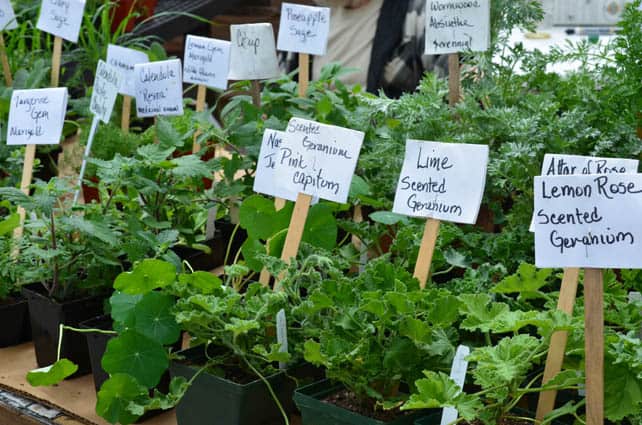Dear Editor,
Farming, like most human activity, impacts the environment. During the last two decades — and particularly since 2016 — Vermont has taken progressive and calculated steps to reduce one such environmental impact: nutrient loss from farmland.
On Aug. 19, Sen. Patrick Leahy hosted U.S. Secretary of Agriculture Tom Vilsack at ECHO, Leahy Center for Lake Champlain, for a roundtable discussion about Vermont farmers’ efforts to protect water quality by reducing phosphorus runoff.
The Environmental Protection Agency approved what is known as the Total maximum daily load (TMDL) of phosphorus for Lake Champlain. That’s the maximum amount of phosphorus (measured in metric tons per year) allowed in the lake without negatively affecting its chemical balance.
The roundtable participants all emphasized that progress is being made in reducing phosphorus loads in Lake Champlain, and that more than 90% of that progress was made through management changes at the farm level. The reduction plan is to reach its goals by 2038.
Many of these changes have been financed through grant programs administered through USDA-Natural Resources Conservation Service and the Vermont Agency of Agriculture, Food & Markets. These grants and the technical assistance provided by the agriculture agency, UVM Extension, and the Natural Resources Conservation Service districts have enabled farmers to increase waste capture and storage; invest in manure application systems like drag lining and injection; and improve cropping management by planting cover crops, reducing tillage, and adopting no-till planting techniques.
When it comes to livestock, farmers have increased exclusionary fencing for waterways and improved intensive grazing management. Farmers have also adopted nutrient management planning, linking the amount of nutrients applied to a field to the amount removed by the crop.
All together, these changes to farm management have reduced nutrient loss from farmland.
An additional benefit of many of these water quality improvements is soil health and climate change mitigation. By improving soil health and building soil organic matter, farmers are sequestering carbon, and increasing the infiltration capacity and rainwater retention of the soil.
Improving feeding management of ruminants, cows, sheep and goats, for instance, can significantly reduce their natural methane-generating capability. In addition, rotational grazing management has been shown to sequester significant amounts of soil carbon.
There is much exciting research being done to show the climate benefits of all types of farm management.
Clearly, progress is being made on many fronts, but is it ever enough? Or even fast enough? Because the environment is an extremely complex biological, chemical and physical interaction, it can be very slow to see improvement.
Farmers are fully engaged in the process of adjusting their management systems to control nutrient pathways on their farms and make sure that nutrients are retained on their farms. This will be a decades-long process that will be impacted by the seemingly capricious nature of the weather.
Farmers have made strides in the last decade and are prepared to continue improving their responsible land management.
John Roberts, Cornwall
Roberts is the executive director of a farmer advocacy group called the Champlain Valley Farmer Coalition based in Middlebury.




